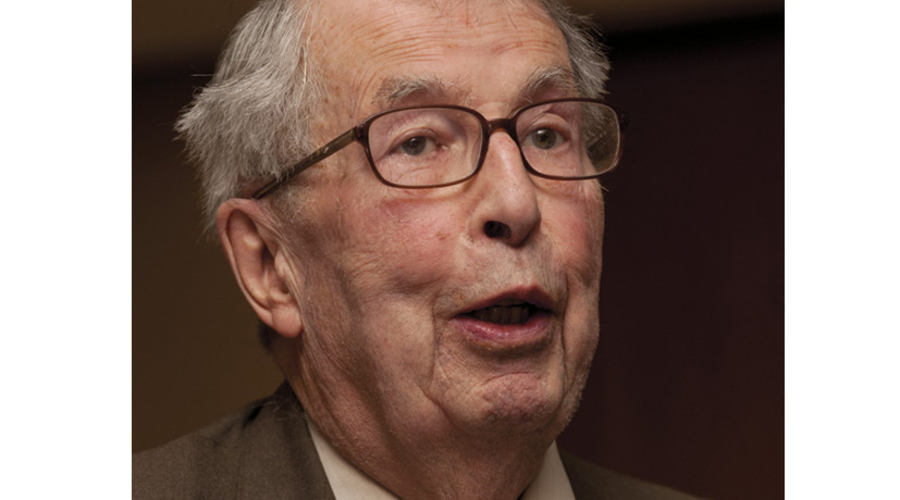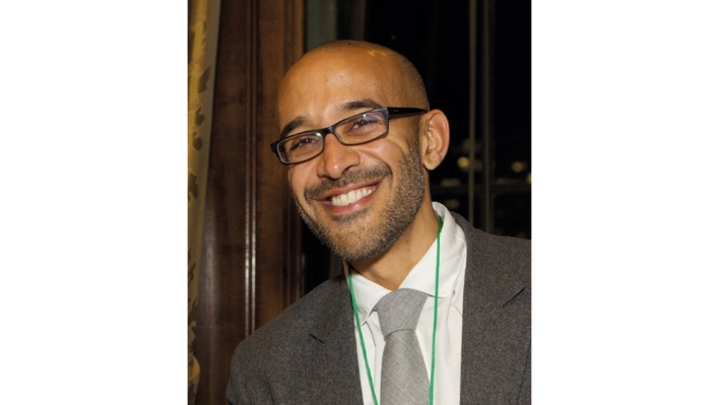One of television’s most influential bureaucrats, Colin Shaw, has died, aged 85.
 Colin Shaw has died, aged 85 (Credit: Paul Hampartsoumian)
Colin Shaw has died, aged 85 (Credit: Paul Hampartsoumian)
Few of television’s senior bureaucrats have been as influential as Colin Shaw, who has died, aged 85.
A Fellow of the RTS and a regular attender of Society events, Shaw’s low-key, but incisive, wit helped negotiate the BBC out of many a tight spot in the 1960s and 1970s. He was latterly the corporation’s Chief Secretary.
Sir David Attenborough described Shaw as Svery efficient, meticulous in all details and very diplomatic, with an extraordinary ability to phrase letters.T
Shaw, who wrote plays, principally for radio, joined BBC Radio in 1953. He was the son of a Liverpool bank manager and read English at Oxford.
His first job at the corporation was as a drama producer in Leeds.
Throughout his life he was an avid theatre-goer and amassed a huge collection of theatre programmes.
In 1960, Shaw was called to the Bar. His legal mind was to prove invaluable at the BBC. Sir Paul Fox, the former BBC One Controller, said: SIf you had a problem, you could go to Shaw and he wouldn’t come up with a snap answer – it was his lawyer’s training. [Instead], he would reason it out for you.T
Shaw was appointed Secretary to the BBC in 1969 and promoted to Chief Secretary in 1972. He left the BBC in 1977 to become Director of Television at the newly founded IBA.
He was meticulous, patient and tactful. Shaw cared deeply for words and famously banned his daughters from reading Enid Blyton because he said the experience would not expand their vocabulary.
At the BBC, part of his time was taken up by corresponding with Mary Whitehouse. She was convinced the corporation was responsible for what she regarded as the country’s Smoral declineT.
 When Whitehouse complained in 1970 that BBC drama was full of nudity, Shaw responded by pointing out that nudes had been Sa feature of art for a great many yearsT.
When Whitehouse complained in 1970 that BBC drama was full of nudity, Shaw responded by pointing out that nudes had been Sa feature of art for a great many yearsT.
He added: SNo one could describe Michelangelo’s David as an unseemly workT.
Defending the comedian Dave Allen against a charge of blasphemy – Allen was a practising Catholic – Shaw pointed out that it was a Swell-known traditionT that Sthe best jokesT against religion were told in convents and monasteries.
He was involved in tense negotiations over the licence fee, which, during times of high inflation, was often set annually.
Shaw’s duties at the IBA involved important work that formulated the structure of what became Channel 4.
In 1983, he was appointed Director, Programme Planning for the ITV Companies’ Association, and was the first Director of the Broadcasting Standards Council from 1988 to 1996.







